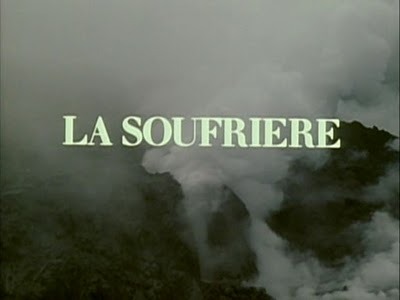What you are about to read is a
short impression of Maori Culture through the eyes of a young Chilean man
visiting this lovely cold country, New Zealand. Please make yourself comfortable
and don`t hesitate to let me know if you are agree or not.
First, I would like to introduce
myself, just to make you understand why I decided to write about this. My name
is Máximo Gamboa and I was born in Chile, a long and thin country at the bottom
of South America, where, even though there are a lot native people, they are
not integrated into mainstream society as well as the Maori in New Zealand. One
of the most well-known indigenous cultures in Chile is the Mapuches. The
mapuche men were great warriors and the women were terrific farmers. Also, they
were the only ones who prevailed through the Inca expansion long ago and since
the Spanish arrived almost 300 years ago, they survived intact. Nowadays, the
biggest number of Mapuches live in the Araucanía region, but also a not
insignificant number are all around Chile. If you ask any Mapuche if he or she
feels Chilean, you will get “yes” as an answer, but it is sad for me to say
that for a kid or adult to recognize their indigenous roots is often synonymous
with them being bullied. For this reason I have been so impressed when I’ve
seen the Maori living so proudly here, and I want to know the source of this
difference.
To know this culture better, I
interviewed some people from different parts of the city - for example the EF
teacher Amelia, another teacher Matt (sorry I may have forgotten his name!) from The University of Auckland and
some guys working close to Queen Street. Even though I wasn’t able to ask as
many people as I wanted, I am satisfied with what I was able hear.
One of the most interesting facts
about the Maori that I learned, was the one of how they introduce themselves:
they don´t say “Hi, my name is…”, they say “Hi, my mountain is…, my river is…”.
They don´t say their name, they talk about where they belong, the nature and
lands around them, so obviously they are really connected with nature. This is
the reason that I (and I think everyone too) can understand the anger,
frustration and sadness that Maori should have felt (and some still feel) against
the European (or Pakeha, which means white man) colonisation.
And it gets worse when we talk
about the Treaty of Waitangi. I am not trying to write about history - you can
always check Wikipedia, but so far as I can tell, it isn´t much different from
any conquest history. What I am trying to say is that this is pretty close to what
happened in Chile, though with different endings.
Teacher Matt, from the Maori
Department of the University of Auckland told me something that really helped
me to understand the difference between the Maori and Mapuche’s destiny. New Zeeland
was the last country in the colonial period to be colonized. In those times no developed
country wanted to go to those lands, because they were too far away. So before
large numbers of Pakeha arrived, Maori were already accustomed to those little
groups of white people trying to teach them their religion. Another important
fact is that the people who arrived in New Zeeland, were not convicts like in Australia,
or the drunks and thieves who tried to find luck in South America.
After the end of the war between
the Maori and Pakeha and after the independence of New Zealand, there already
existed a cultural bond between these two people - that´s why I think they were
able to learn from each other and create a better society together, unlike
Chilean Spaniards and Mapuches. It’s easy to notice this interchange of
cultures between Maori and Pakeha. Of course it wasn’t an equal or fair
exchange: Maori had to learn how to live again, with new rules and new concepts
of life, and they did it. However, it’s also
is easy to see that Pakeha learned much from Maori too, and not just how to be good in sports or not
needing to wear shoes. They also learned, as my host family interviewee Lata
says to me, about “Whanau” which means extended family or community.
Of course not everything in the
Maori life has been in a bed a roses - a great percentage of Maori people are
poor, and they often do the jobs that the rest of the people don’t like. Also Amelia
told me that her mother couldn’t learn her own Maori language because the
government and even many Maori themselves wanted everyone to learn English for
a better integration. This meant that an entire generation don’t actually speak
their own tongue. However, you can still feel the pride of this people when they
speak about their roots - it’s always nice to hear them speaking about their
culture.
Finally, another important fact
that increases the differences between the Maori and Mapuches situation, it is
that here in New Zealand you can find a lot of different cultures from all
around the world, so that the typical human aversion to different ways of
seeing and thinking about things is reduced so much that you don’t notice it
easily.




